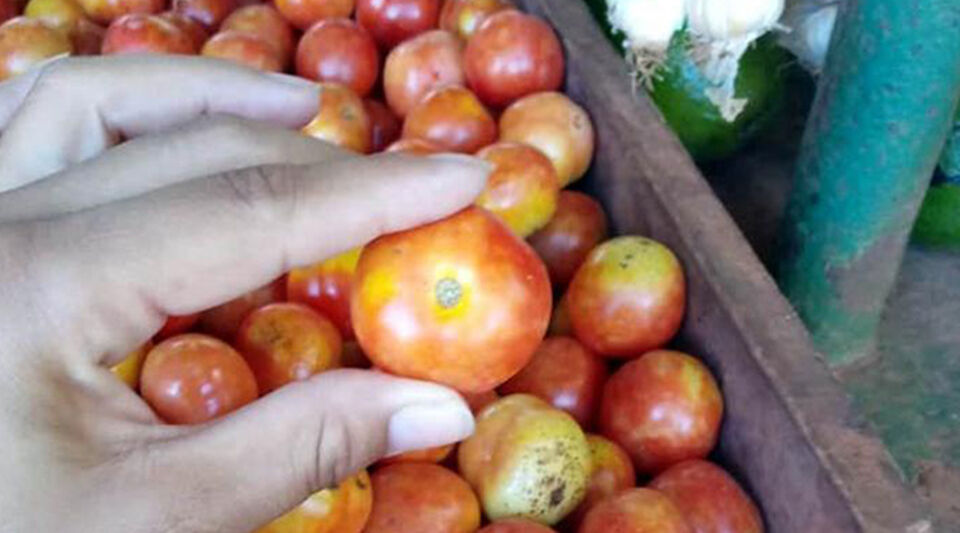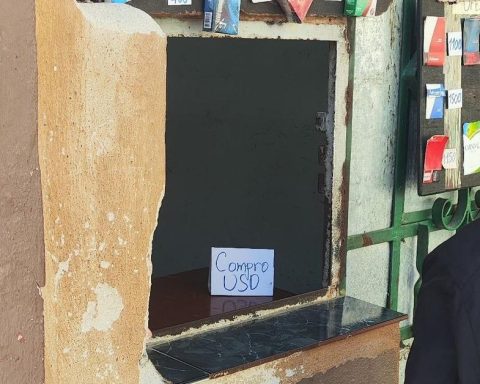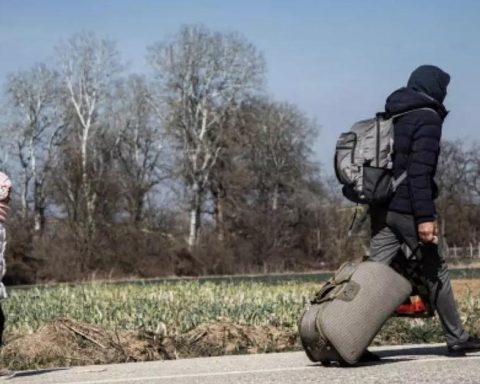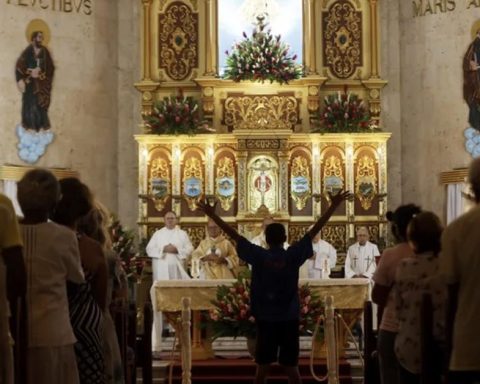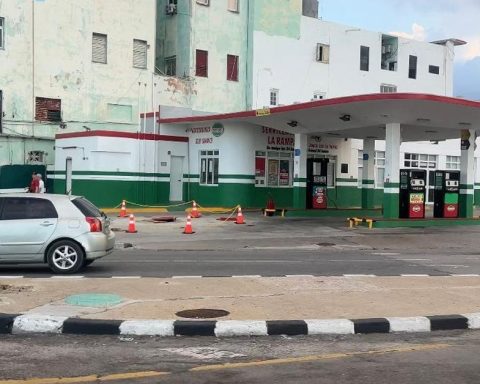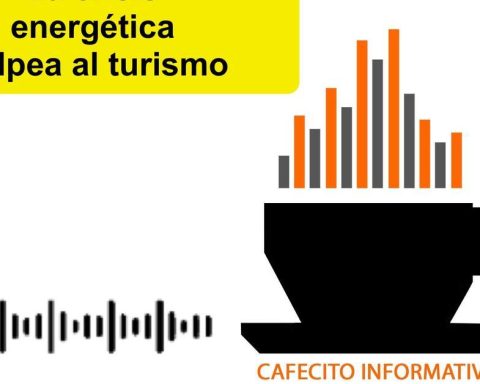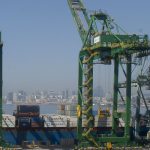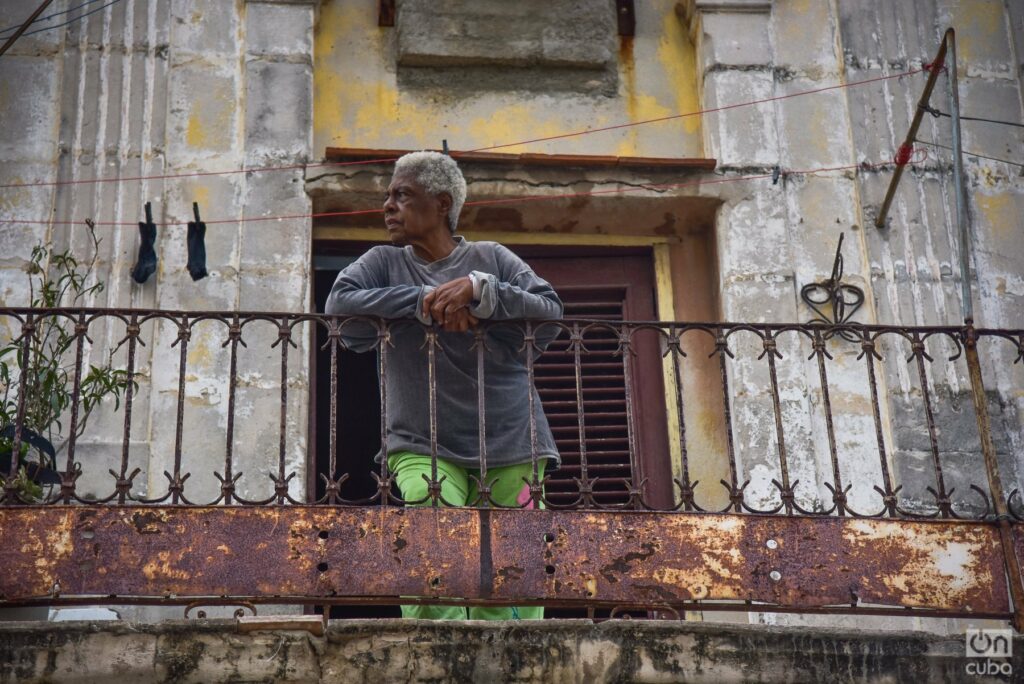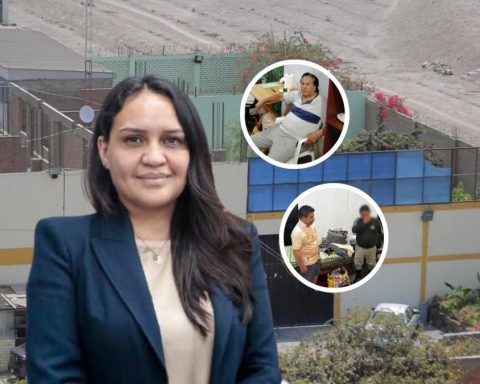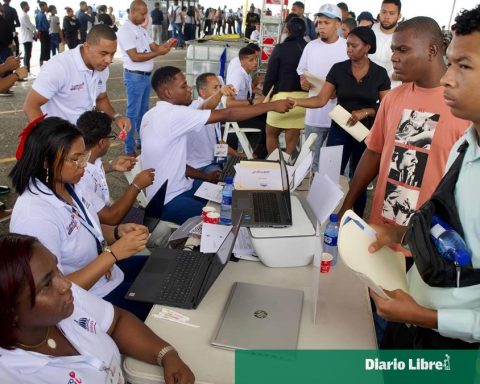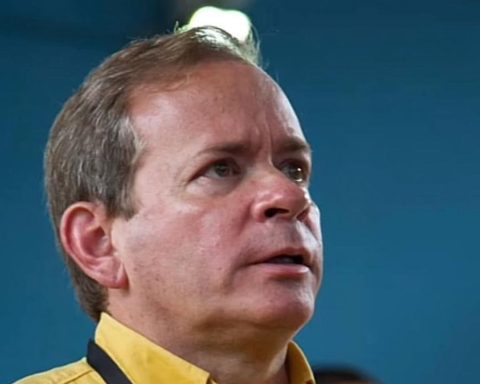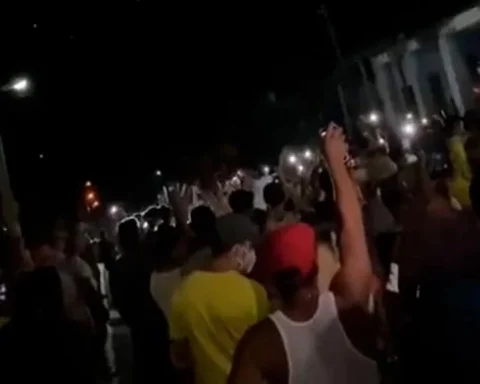Fines of up to 8,000 pesos and the confiscation of the merchandise were the punishments foreseen this past weekend by the Municipal Inspection Directorate (DIM) in the Havana municipality of Playa, for those who set abusive prices in the sale of fruits and vegetables.
The official press indicated that the agency imposed sanctions on six traders in the agricultural market. Two of them, who sold a pound of tomato, pepper and carrots at 300 pesos, the same amount of lemon at 200, and pineapple at 100, were fined 8,000 pesos.
For not putting the price of the products on the board, the inspectors demanded the payment of 5,000 pesos from two racketeers. Meanwhile, the owner of a store that stored almost 1,000 nylon bags, for whose purchase he did not have an invoice, had to deliver the bags and pay 1,500 pesos.
Finally, for the unauthorized possession and sale of another 25 crates, a merchant was fined 4,000 pesos.
The results of the inspections were announced on the eve of the session of the Temporary Work Group (GTT) in Havana, held on October 25, where the authorities agreed to intensify the work against illegalities in the sale of food products, the hoarding, the theft of goods from public institutions and abusive prices, reported the local newspaper Tribune of Havana.
At the GTT meeting, the authorities indicated that the investigations continue to identify the sources of supply of the resellers of the Fair of 100 and Boyeros, in Havana, where last Thursday more than 400 egg cartons were seizedpackages of chicken and hash that was sold at exponential prices.
Despite the tightening of the rules and the increase in fines, the streets are still full of businesses that, in broad daylight, sell “clandestinely”
This Wednesday, at a meeting of the Council of Ministers in which, according to Granma“crucial issues for the development of Cuba” were addressed, the Prime Minister, Manuel Marrero, presented for approval, “general directives for the prevention and confrontation of crime, corruption, illegalities and indiscipline; among them the combat to excessive prices and the reselling of basic necessities,” said Cuban television.
The Government activated 15 municipal groups in Havana last week to “confront illegalities and social indiscipline,” whose priority is to identify the sources that steal the products and the houses that become warehouses for the sale of products in the market. informal.
Despite the tightening of regulations and the increase in fines, the streets are still full of businesses that, in broad daylight, sell “clandestinely” many products that are no longer found in state stores.
The commercial spaces of La Cuevita and the ‘ candonga‘ de 100 and Boyeros, where numerous hardware, plumbing, clothing and household items and basic necessities are for sale, are being targeted by inspectors.
The Government defends that the inspections are covered by Decree Law 30, approved in 2021, which establishes fines of between 5,000 and 15,000 pesos for businesses that violate the rates and prices of essential products, as well as confiscation and forced sale. of merchandise.
________________________
Collaborate with our work:
The team of 14ymedio is committed to doing serious journalism that reflects the reality of deep Cuba. Thank you for joining us on this long road. We invite you to continue supporting us, but this time becoming a member of our newspaper. Together we can continue transforming journalism in Cuba.
